Virus Woes, Delayed Olympics: Tough Tasks For Next Japan PM
Outgoing Prime Minister Shinzo Abe has smashed records as Japan's longest-serving leader, but he leaves behind a raft of tough challenges that his successor will inherit.
As the ruling Liberal Democratic Party votes on a replacement for Abe, who is resigning for health reasons, here are some of the issues Japan's next prime minister will confront:
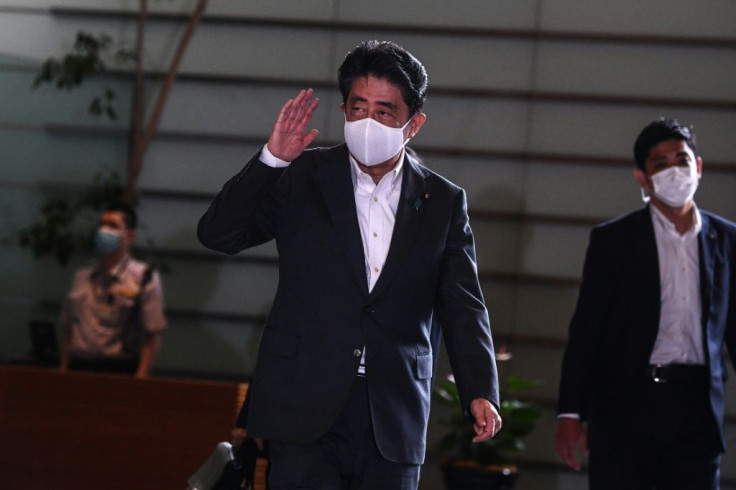
Even though Japan has seen a relatively small coronavirus outbreak, Abe's government was harshly criticised for its handling of the pandemic, with its response seen as slow and disorganised.
A U-turn on cash handouts sparked confusion, while a policy to issue cloth masks to every home was ridiculed as unnecessary and too late.
And a recent government campaign to encourage domestic travel fuelled fears of new clusters of infection around the country.
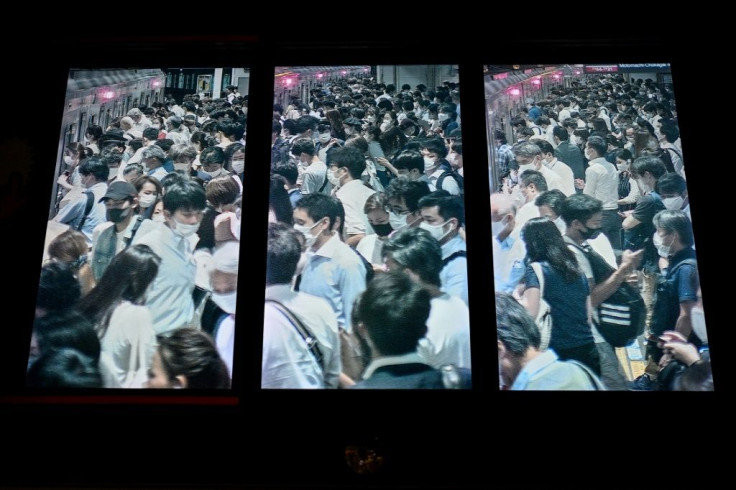
The pandemic has deepened Japan's recession and forced the postponement of the Tokyo 2020 Olympics until next year.
As flu season approaches, experts warn that Japan -- with the world's oldest population -- will need to take action to avoid the collapse of its medical system.
Tetsuro Kato, a politics professor at Waseda University in Tokyo, said the next premier must take "bold measures" to tackle the outbreak, like increasing testing.
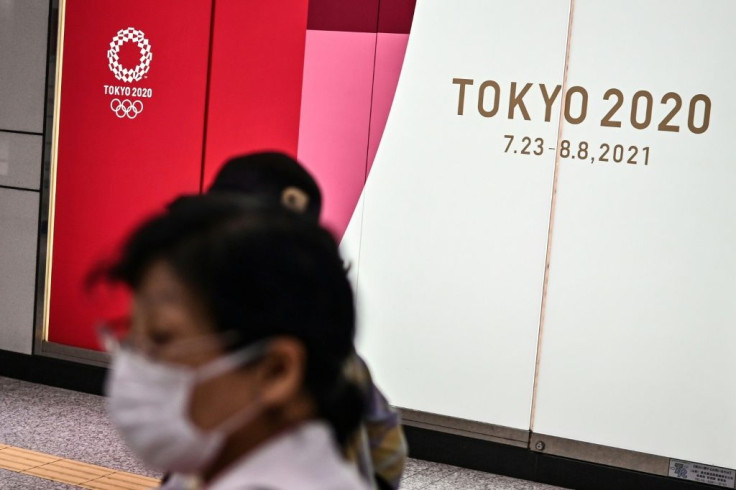
"Nothing else -- including the Olympics -- can be addressed without properly dealing with the virus," he told AFP.
The virus has battered Japan's already shaky economy, which shrank a record 7.8 percent in April-June -- an annualised 27.8 percent, its worst contraction in the post-war period.
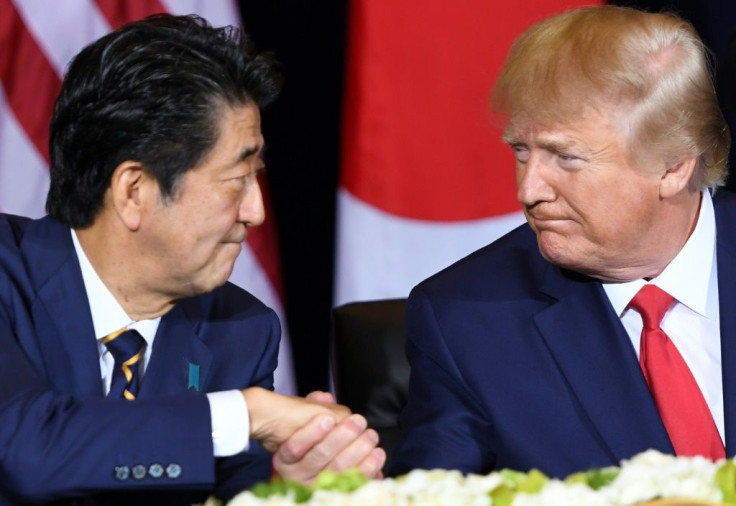
Japan imposed much looser measures to limit the spread of coronavirus than many countries, with no enforcement of business closures or stay-at-home orders.
But the economy was already in recession before the virus hit, and the pandemic has undone much of Abe's signature economic programme.
In the long term, Japan still needs to enact significant structural reforms to boost anaemic productivity, economists say.
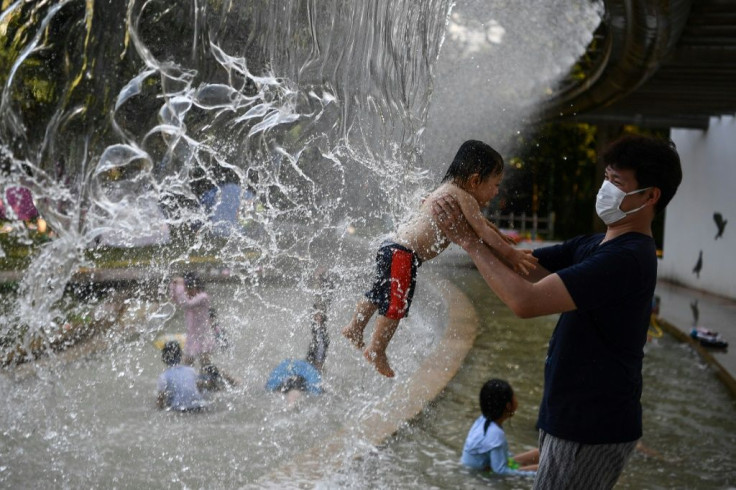
The postponement of the Tokyo 2020 Olympics comes with plenty of predicaments -- from how to prevent mass infections to who will foot the bill for the costs that come with a delay.
Japan's borders are still largely closed to foreign visitors, and audience numbers are capped at domestic sports events, feeding speculation about whether the Games are feasible at all.
While officials have ruled out further delay, a recent poll found just one in four people in Japan want the Games to go ahead next year, with most backing either another postponement or a cancellation.
Abe has focused on Japan's ties with key ally Washington, building a chummy bond with President Donald Trump.
But now the "Donald-Shinzo" era is over, Japan's next leader will have to forge his own ties with either Trump or Democratic candidate Joe Biden.
The alliance is seen as even more important given an increasingly assertive China, frayed ties with South Korea and an ever-unpredictable North Korea.
Japan also finds itself caught in the tensions between the United States and China -- its two biggest trading partners.
"Relying on ties with the US alone isn't enough for Japan to manoeuvre within the international community, and how to deal with China is a difficult question," said Kato.
Abe's successor will also face a growing trend towards protectionism -- something Japan has bucked with the enthusiastic embrace of international trade pacts.
Abe's successor will inherit a population problem, with a rapidly ageing country plagued by a low birthrate.
Labour problems ranging from a shortage of workers to excessive overtime continue to hold back the economy, and efforts to loosen immigration restrictions and bring more women into the workplace have had only limited success.
Despite Abe's pledge to create a society in which women can "shine," Japan's upper echelons of management and politics remain stubbornly male and the country ranks 121st out of 153 countries in the World Economic Forum's annual gender-equality ranking.
© Copyright AFP 2024. All rights reserved.





















